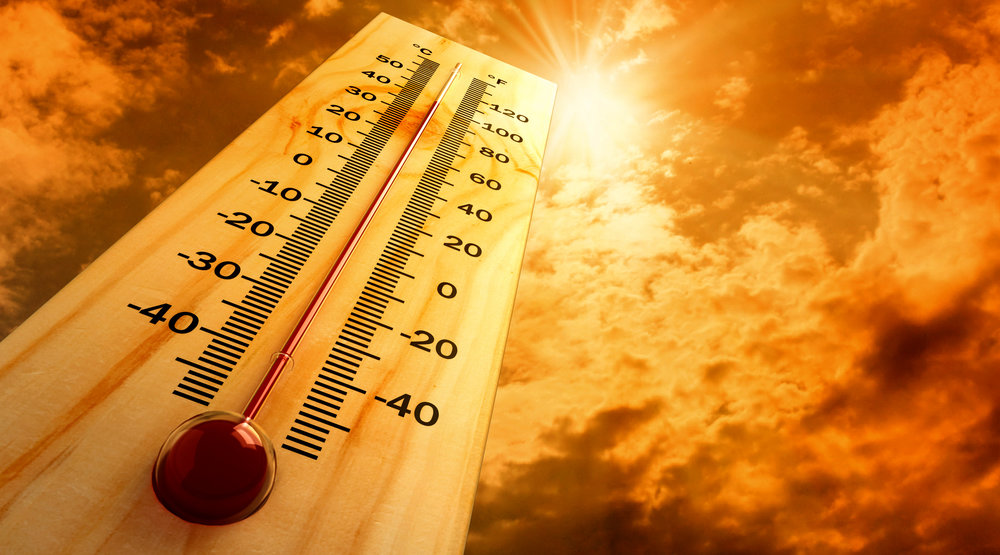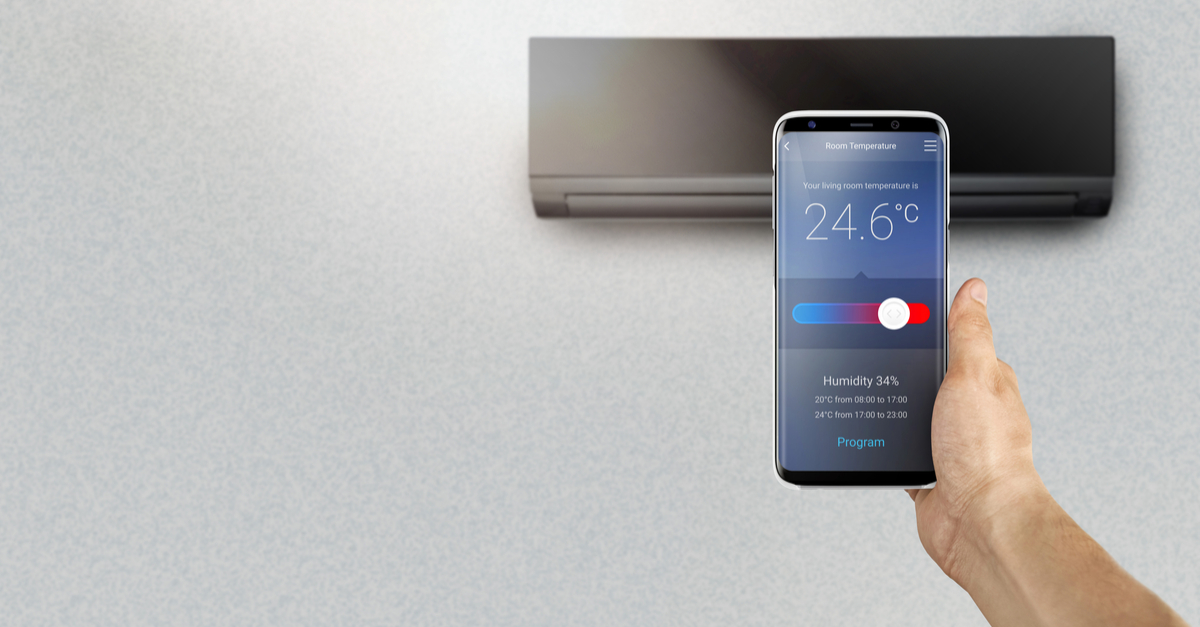Table of Contents
Introduction
The air conditioner market in Brazil is experiencing significant growth and transformation. With the rising temperatures and increasing urbanisation, the demand for air conditioning units has surged. This article explores the latest trends and insights in the Brazilian air conditioner market, examining factors such as market drivers, consumer preferences, technological advancements, and future prospects.
Market Drivers
Increasing Urbanization and Industrialization
Urbanisation and industrialization are key drivers of the air conditioner brazil market. As more people migrate to urban areas, the demand for residential and commercial cooling solutions has increased. The construction of new buildings and infrastructure projects further propels the need for air conditioning systems.
Rising Temperatures and Climate Change

Brazil’s tropical climate, characterised by high temperatures and humidity, is a major factor driving the demand for air conditioner Brazil Climate change has exacerbated these conditions, leading to more prolonged and intense heat waves. As a result, consumers and businesses are investing in air conditioning units to maintain comfortable indoor environments.
Growing Middle-Class Population
The expansion of Brazil’s middle class has significantly contributed to the growth of the air conditioner market. With higher disposable incomes, more households can afford air conditioning units. Additionally, the desire for improved living standards and comfort has led to an increased adoption of air conditioners in both urban and rural areas.
Consumer Preferences
Energy Efficiency
Brazilian consumers are increasingly prioritising energy-efficient air conditioning units. With rising electricity costs and environmental concerns, there is a growing demand for appliances that consume less energy and have a lower environmental impact. Manufacturers are responding by developing energy-efficient models that comply with international standards.
Smart Air Conditioners

The adoption of smart home technology is on the rise in Brazil, and this trend extends to air conditioners. Consumers are seeking smart air conditioning units that can be controlled remotely via smartphones and other devices. Features such as programmable timers, energy usage monitoring, and integration with home automation systems are becoming increasingly popular.
Split Air Conditioners
Split air conditioners are gaining popularity in the Brazilian market due to their efficiency and ease of installation. These units consist of an indoor and an outdoor component, providing effective cooling without the need for extensive ductwork. Split air conditioner brazil are favoured by both residential and commercial users for their versatility and performance.
Technological Advancements
Inverter Technology
Inverter technology is revolutionising the air conditioner brazil market. Unlike traditional units that operate at a fixed speed, inverter air conditioners adjust the compressor speed based on the cooling demand. This results in significant energy savings, quieter operation, and improved temperature control. Inverter air conditioners are becoming the preferred choice for energy-conscious consumers.
Eco-Friendly Refrigerants
Environmental sustainability is a growing concern in Brazil, and this is reflected in the air conditioner market. Manufacturers are shifting towards eco-friendly refrigerants that have a lower global warming potential (GWP). Hydrofluorocarbons (HFCs) are being replaced with more environmentally friendly alternatives such as hydrofluoroolefins (HFOs) and natural refrigerants like propane and isobutane.
Advanced Filtration Systems
Health and air quality are becoming important considerations for Brazilian consumers. Air conditioner manufacturers are incorporating advanced filtration systems to remove pollutants, allergens, and bacteria from the air. Features like HEPA filters, UV sterilisation, and ionisers are gaining traction, especially in regions with high pollution levels.
Is air conditioning common in Brazil?
Air conditioning is increasingly common in Brazil, particularly in urban areas and regions with warmer climates. The country’s diverse climate, which ranges from tropical in the north to temperate in the south, means that many Brazilians rely on air conditioning to maintain comfortable indoor temperatures, especially during the hot and humid summer months. The adoption of air conditioning has grown rapidly in recent years due to rising incomes, urbanization, and the desire for improved living standards. In cities like Rio de Janeiro and São Paulo, air conditioning is a standard feature in commercial buildings, shopping malls, and high-end residential properties. However, its penetration is still lower in rural areas and among lower-income households, primarily due to the high cost of units and electricity. Nevertheless, the market for air conditioning in Brazil continues to expand, driven by technological advancements and increasing awareness of energy-efficient models.
Market Segmentation
Residential Sector
The residential sector is the largest segment of the air conditioner market in Brazil. The increasing number of households, coupled with rising disposable incomes, drives the demand for residential air conditioning units. The trend towards smaller, energy-efficient units is prominent in this sector, catering to the needs of urban apartments and suburban homes.
Commercial Sector
The commercial sector, including offices, retail spaces, and hospitality establishments, is a significant contributor to the air conditioner market. Businesses are investing in air conditioning systems to create comfortable environments for employees and customers. The demand for centralised and ducted systems is high in this sector, providing comprehensive cooling solutions for large spaces.
Industrial Sector
The industrial sector is also witnessing growth in the adoption of air conditioning units. Manufacturing facilities, warehouses, and data centres require precise temperature control to ensure the efficient operation of machinery and equipment. Industrial air conditioners with robust performance and reliability are essential for maintaining optimal conditions in these environments.
Competitive Landscape
Key Players
The Brazilian air conditioner market is competitive, with several key players dominating the landscape. Major international brands such as LG, Samsung, and Daikin have a strong presence in the market, offering a wide range of products to meet diverse consumer needs. Domestic manufacturers like Springer Midea and Consul also play a significant role, providing cost-effective solutions.
Market Strategies
To stay competitive, companies are adopting various market strategies. Product innovation, focusing on energy efficiency and smart technology, is a common approach. Additionally, expanding distribution networks and enhancing after-sales service are crucial for gaining customer loyalty. Marketing campaigns highlighting the benefits of advanced air conditioning technologies are also prevalent.
Challenges and Opportunities
Economic Uncertainty
Economic fluctuations in Brazil pose challenges to the air conditioner brazil market. Factors such as inflation, currency depreciation, and political instability can impact consumer spending and investment in durable goods. However, the essential nature of air conditioning in Brazil’s climate mitigates some of these risks, as consumers prioritise comfort and health.
Regulatory Environment
The Brazilian government has implemented regulations to promote energy efficiency and environmental sustainability. Compliance with these regulations can be challenging for manufacturers, requiring investments in research and development. However, these regulations also create opportunities for innovation and differentiation in the market.
Emerging Markets
Emerging markets within Brazil, particularly in the northern and northeastern regions, present significant growth opportunities. These areas have historically had lower penetration rates of air conditioning units but are experiencing rapid urbanisation and economic development. Targeted marketing and distribution strategies can help companies tap into these underserved markets.
Future Prospects
Continued Growth
The air conditioner market in Brazil is expected to continue its growth trajectory in the coming years. Factors such as urbanisation, rising temperatures, and increasing consumer awareness of energy efficiency will drive demand. The market is projected to expand as more households and businesses invest in air conditioning solutions.
Technological Innovation
Technological innovation will play a crucial role in shaping the future of the air conditioner market. Advancements in smart technology, energy efficiency, and eco-friendly refrigerants will drive product development. Manufacturers that stay at the forefront of these innovations will gain a competitive edge and attract environmentally conscious consumers.
Sustainable Practices
Sustainability will remain a key focus for the air conditioner market in Brazil. Companies that prioritise eco-friendly practices, such as using recyclable materials and reducing carbon emissions, will align with consumer values and regulatory requirements. Sustainable practices will not only enhance brand reputation but also contribute to long-term market growth.
Conclusion
The air conditioner market in Brazil is undergoing significant transformation driven by urbanisation, climate change, and technological advancements. Consumers are increasingly prioritising energy-efficient and smart air conditioning solutions, while manufacturers focus on innovation and sustainability. Despite economic and regulatory challenges, the market presents substantial growth opportunities, particularly in emerging regions. As the market evolves, continued investment in technology and sustainable practices will be essential for meeting the needs of Brazilian consumers and ensuring long-term success.
For More Information Please Visit This Website Mindmeister
Vitazen Keto naturally like your web site however you need to take a look at the spelling on several of your posts. A number of them are rife with spelling problems and I find it very bothersome to tell the truth on the other hand I will surely come again again.